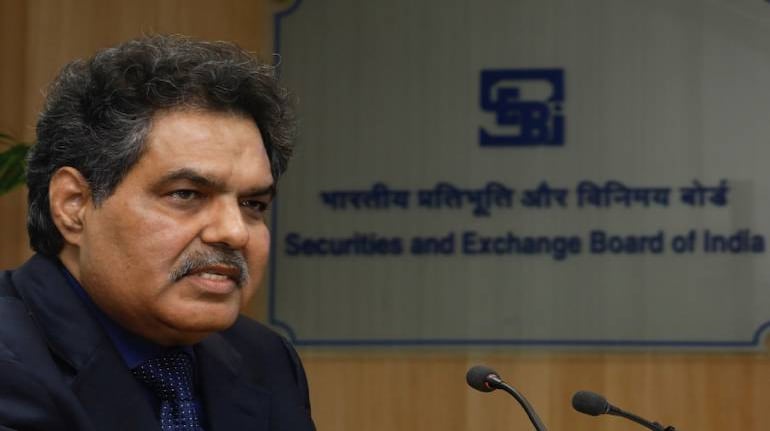



Speaking at the FICCI Capital Market summit on Wednesday Securities and Exchanges Board of India (SEBI) Chairman Ajay Tyagi said that overseas listing of companies will depend on two crucial policy interventions - one on the Foreign Exchange Management Act and another on the Income Tax act.
Though the SEBI Chairman didn't give details, he pointed out that any approval for overseas listing will require changes in these two acts.
SEBI had floated a discussion paper in 2018, that spoke about allowing listed Indian companies to list on exchanges overseas and allowing companies incorporated outside India on Indian stock exchanges.
At present, Indian companies can list their depository receipts in eight jurisdictions. Foreign companies at present can list GDRs in GIFT city in Gandhinagar.
The discussion paper proposes to expand this facility and allow companies to list themselves in other jurisdictions.
Explaining the intervention needed, Divakar Vijayasarathy, Founder & Managing Partner, DVS Advisors LLP said, “Foreign Exchange Management Act (FEMA) regulations will need to be specifically amended, if resident shareholders are to be allowed to hold shares in offshore-listed Indian companies. NRIs, Persons of Indian Origin and Overseas Citizens of India are allowed to trade in and hold shares of offshore-listed Indian companies.”
Real-time settlementResponding to queries at the Ficci Summit, Tyagi said that the SEBI has proposed to exchanges about real-time settlement through use of blockchain technology.
Currently, settlement happens in T+2 days (where T means the day of trade). Tyagi said he would like the exchanges to start with a trial or a pilot project for real-time settlements and gradually move from T+2 to trade day.
“Exchanges, through the use of blockchain technology, should try real-time settlement in the stock markets more seriously. They should go for it at least on a pilot or trial basis,” Tyagi said.
Tyagi also acknowledged the surge in retail investors in equity market during this lockdown period. In June month alone, as many as 10 lakh new demat accounts were opened. This number was around 5 lakh per month prior to COVID-19.
SEBI is also proposing the idea of trading of government securities (G-Secs) through demat accounts to encourage retail investors.
Tyagi said, “Such huge retail participation is not a cause of concern but small investors, mainly those who are coming into markets for the first time, should start with investments into G-Secs and in a more gradual manner as it involves less risk. Demat of G-secs would be a good step. Government will take a call on it,” he said.
On Alternative Investment Funds (AIFs), Tyagi said, "We had
initiated a proposal for allowing AIFs to directly purchase the stressed loans from the lenders. Recently, RBI has issued a consultation paper on the subject of permitting purchase of stressed loans by a wider set of entities. If allowed, the AIFs would be able to buy out stressed loans of banks and NBFCs thereby releasing their locked capital."
The SEBI Chairman noted the growth of equity and fund raising in financial year 2020-21 despite COVID-19 crisis. He said that the stock markets have since largely recovered from the shocks of March 2020.
Nifty is currently up by around 48 percent as compared to its lowest value on March 24.
The volatility index, which had peaked to 83.63 on March 24 has come
down to 24.71 on July 20. Total funds raised during Q1 2020-21 were Rs 2.77 trillion as compared to Rs 2.94 trillion during Q1 2019-20.
For equity raising, the comparison between the two periods is Rs 0.67 trillion versus Rs 1.28 trillion. For debt, it is Rs 2.1 trillion versus Rs 1.67 trillion.
"Thus the overall situation is not all that bad, especially considering that fund raising this year started only from May onwards. There is no cause for despair," he said.
Discover the latest Business News, Sensex, and Nifty updates. Obtain Personal Finance insights, tax queries, and expert opinions on Moneycontrol or download the Moneycontrol App to stay updated!
Find the best of Al News in one place, specially curated for you every weekend.
Stay on top of the latest tech trends and biggest startup news.